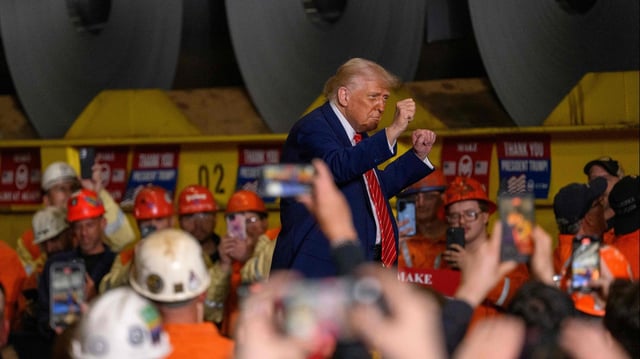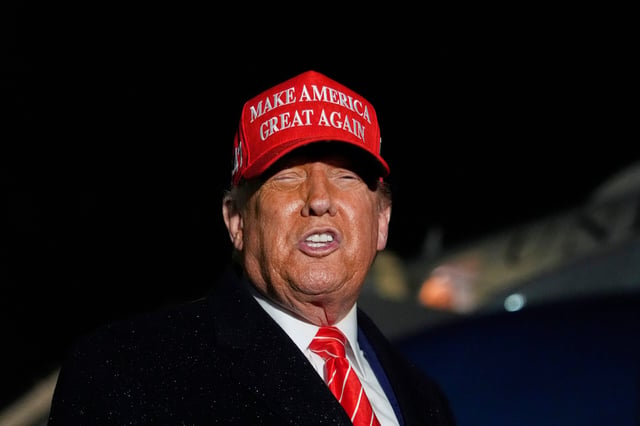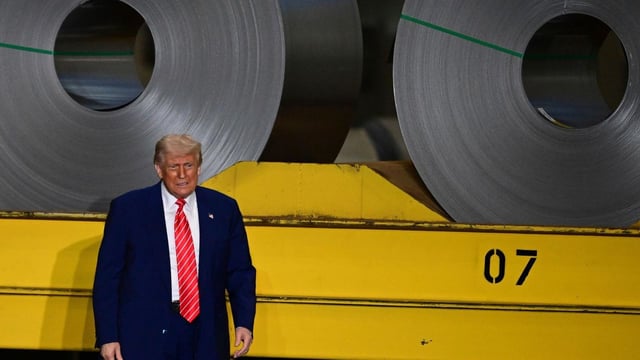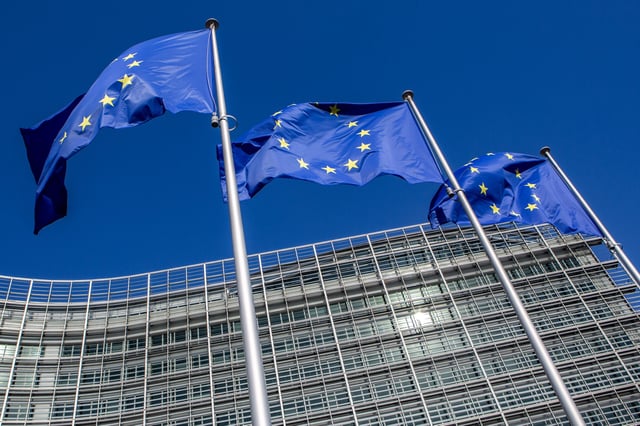Overview
- Trump framed the tariff hike as essential to protect U.S. mills, highlighting US Steel’s Mon Valley Works in Pennsylvania as a direct beneficiary of stronger import defenses.
- EU Trade Commissioner Maros Sefcovic has engaged U.S. counterparts seeking exemptions or a delay to shield European producers that shipped about four million tonnes of steel to the U.S. last year.
- Brussels has drafted reciprocal duties targeting U.S. exports—from motorcycles and jeans to agricultural products like orange juice and whiskey—set to take effect if no deal is reached by mid-July.
- Courts continue to hear challenges to Trump’s broader tariff portfolio, but the steel and aluminum levies remain intact under national-security provisions and will go into force as scheduled.
- Analysts warn that steeper duties may raise costs across steel-intensive industries, with potential price increases for automotive manufacturing, construction projects and consumer goods.



